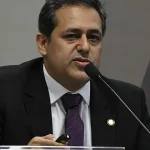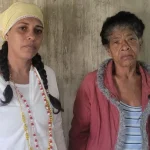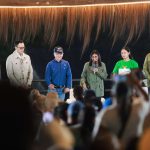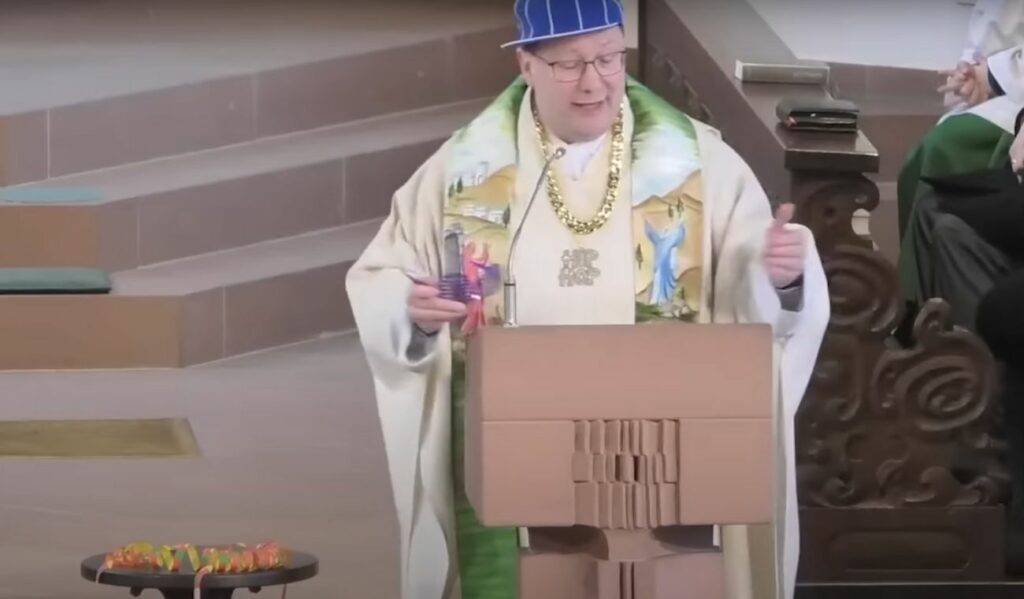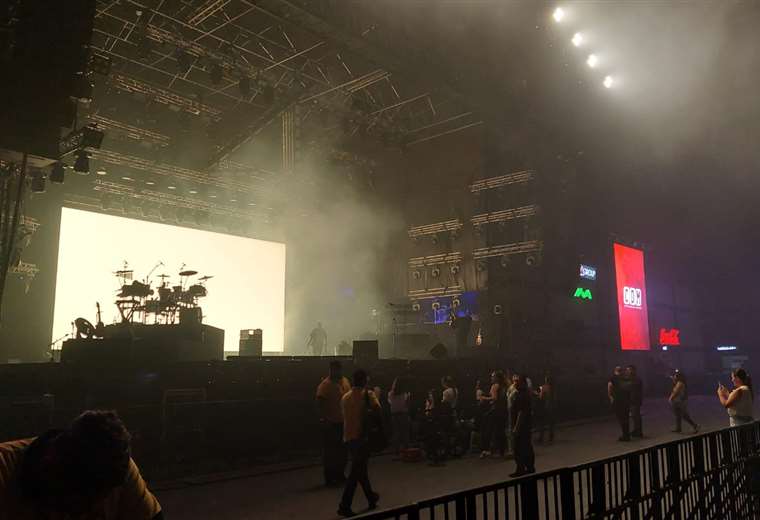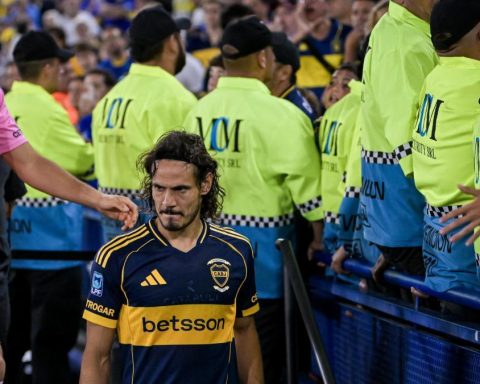The Climate Hub, a center dedicated to research on climate change, was inaugurated this Tuesday (14). Located in the Museum of Tomorrow, in the port region of the capital of Rio de Janeiro, the center is a partnership between the University of Columbia, in the United States, and the city of Rio de Janeiro. This is the US university’s tenth global office worldwide and will operate within the Columbia Global Center Rio.
Climate Hub Rio will offer scholarships to Brazilian researchers and scientists to develop projects in the country and also at the university, in New York. One of the goals is to attract talent related to studies on the impact of climate change in Brazil and to promote collaboration and dissemination of work in the scientific community and among global leaders.
The director of the Columbia Global Center Rio, Thomas Trebat, highlighted that facing climate crises requires partnership and cooperation between peoples. “We are all in this together, citizens of all parts of the world. It is Brazil engaging again in climate issues”, said the director.
The ambassador and special adviser to the Presidency of the Republic, Celso Amorim, stressed that the environment and the climate are central themes of the government of President Luiz Inácio Lula da Silva. And he cited as examples of the resumption of this debate in the country the reactivation of the Amazon Fund and the possibility of Brazil hosting COP30, the United Nations climate conference.
According to the diplomat, the debate on climate change also involves social issues. “It is a theme of great transversality and is present in everything, even in the issue of war and peace, because it generates migratory conflicts”.
The National Secretary for Climate Change at the Ministry of the Environment and Climate Change, Ana Toni, who represented Minister Marina Silva, said that within the climate transition the portfolio will work with the construction of sectoral plans, adaptation focused on social well-being, incorporation of oceans and coastal areas into the debate and creation of a climate security authority and a National Council on Climate Change.
“Let’s start with the issue of deforestation, which is our biggest issue, but the issues of agriculture, energy, transport cannot wait. On the contrary, they will have to be accelerated so that we can reach our goal and make this contribution to the world. Always ensuring that we have a development model that is low carbon, economically prosperous and socially just”.
Indigenous communicator and environmental activist Samela Sateré Mawé defended a careful look at indigenous territories and conservation units, areas that concentrate the preservation of biodiversity. She recalled that indigenous peoples and their lands are constant targets of violence and violations, such as deforestation, burning, illegal hunting and fishing, and drug trafficking.
Marielle Franco
Those present paid tribute to Councilor Marielle Franco. The murder of the parliamentarian and the driver Anderson Gomes turns five this Tuesday (14) and there is still no answer about the person who ordered the crime.







